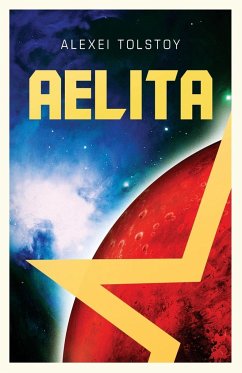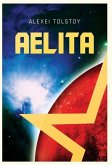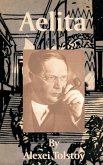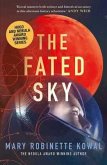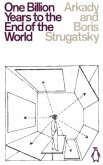Alexei Tolstoy's Aelita was written in the 1920s and imagines the first breakneck human flight to Mars. The action starts in the Soviet Union after the Russian Civil War. The old engineer Los and his companion Gusev, a Red Army soldier and true Bolshevik firebrand, fly to Mars in a rickety, egg-shaped craft. There they encounter an ancient civilisation, which actually originated on the long-lost continent of Atlantis on Earth. While Los is attracted to the privileged and progressive upper class of Mars and begins a passionate romance with Aelita, the daughter of the totalitarian ruler, Gusev tries incessantly to spread Communist ideas among the poorer inhabitants. Eventually, a violent revolution breaks out. Partly inspired by Theosophist Helena Blavatsky's esoteric doctrine of ancient root races, this novel is both a rip-roaring adventure tale and a philosophical treatise on death, loss and the prospect of immortality. According to the latter, the true world is a movement of the mind, which merely manifests itself in the visible world through human beings.
Hinweis: Dieser Artikel kann nur an eine deutsche Lieferadresse ausgeliefert werden.
Hinweis: Dieser Artikel kann nur an eine deutsche Lieferadresse ausgeliefert werden.

